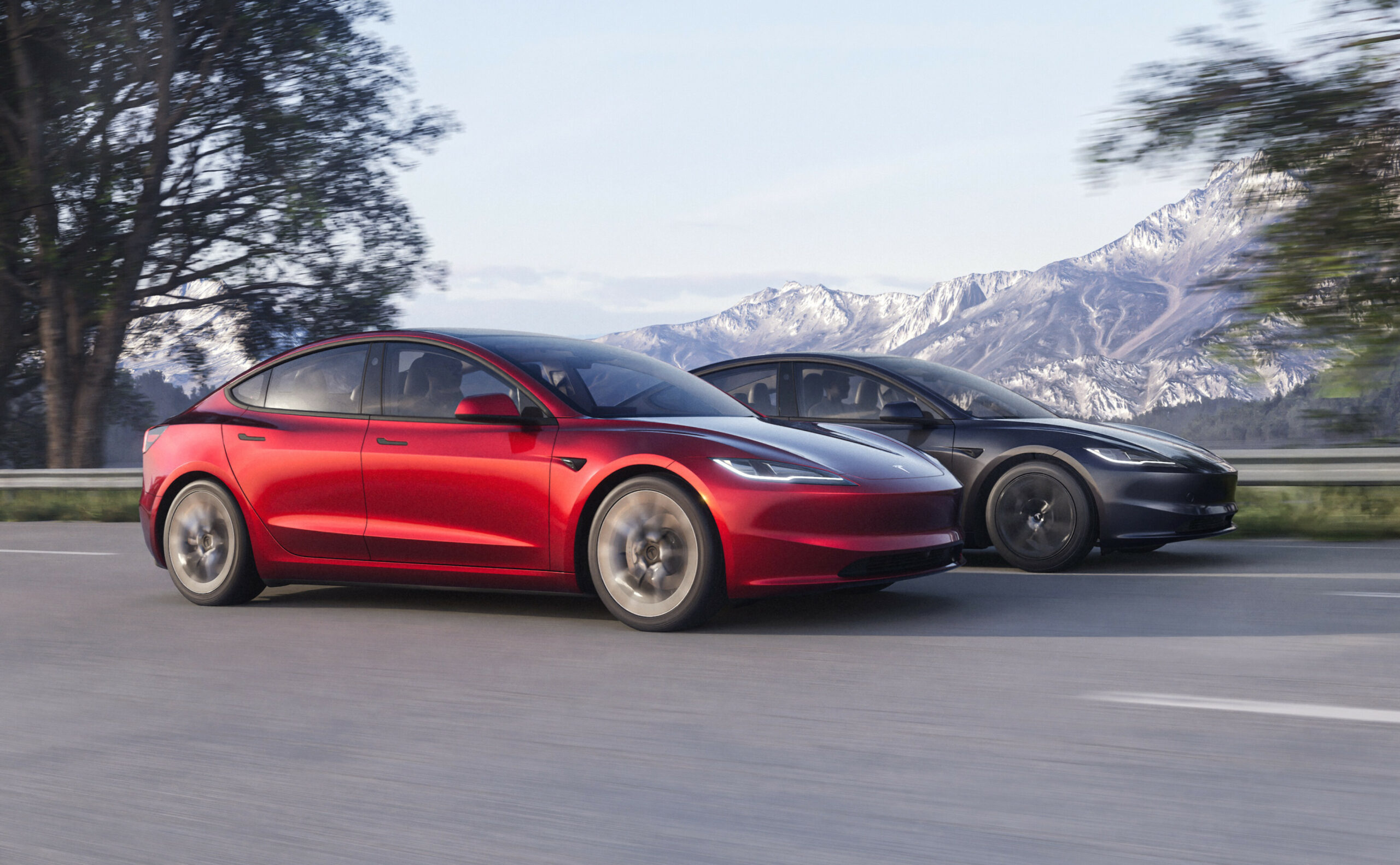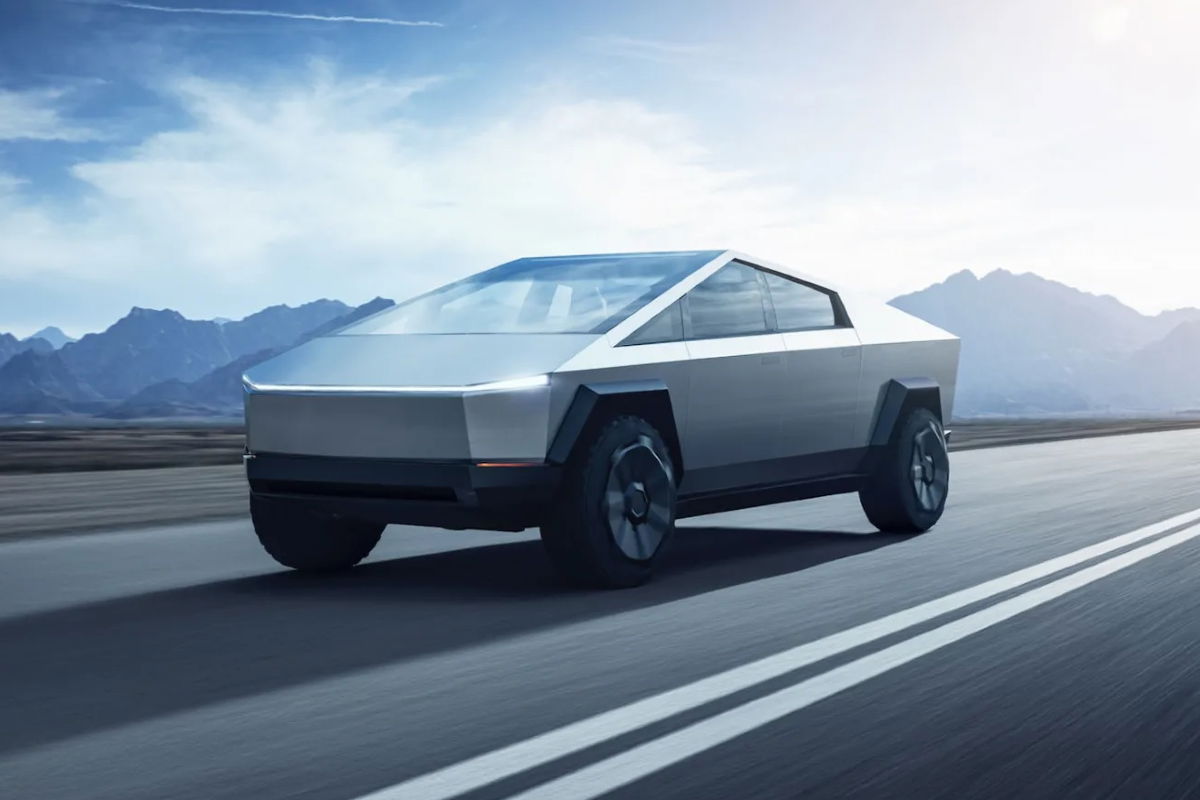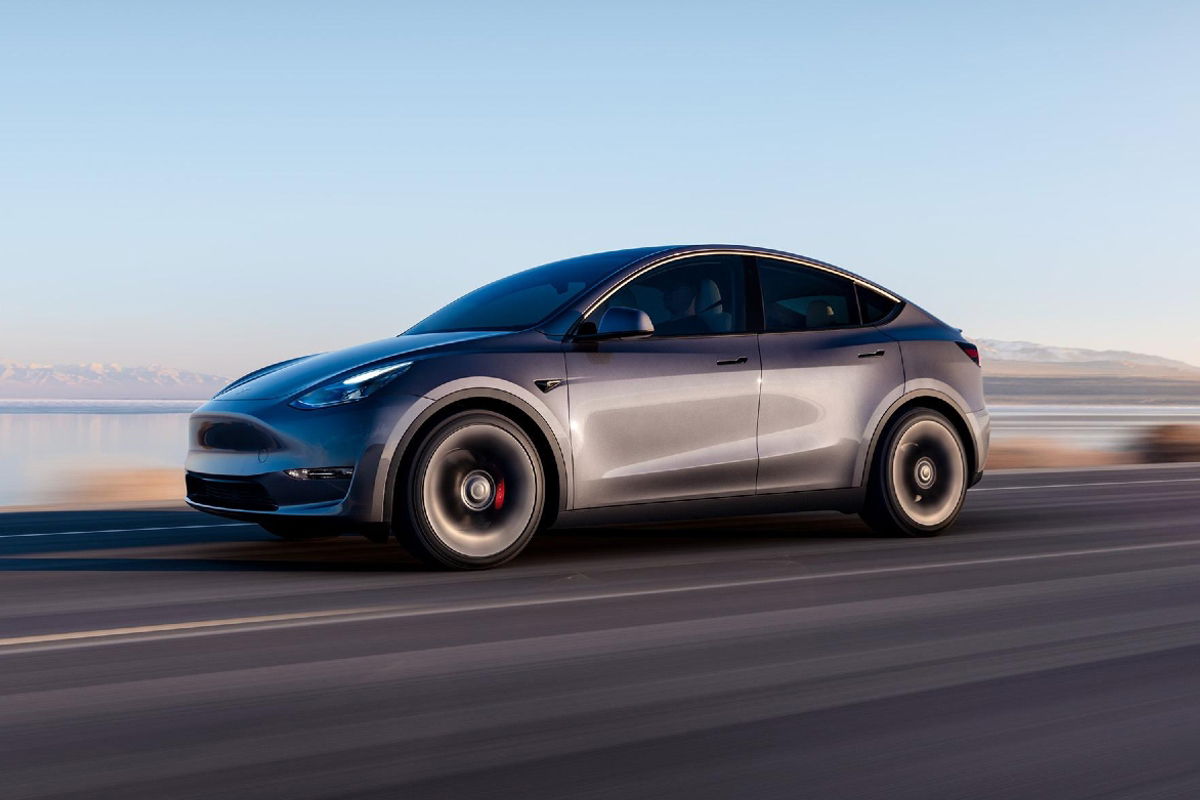
Has Tesla hit a bump in the road or is it headed for a major crash? And if Tesla is headed for a crash, what does that mean for the future of electric cars?
Those are the big questions facing the automotive industry as the American electric car company faces a sharp decline in sales around the world. There is a growing sense that not only is Tesla running out of customers, but that CEO Elon Musk’s move into politics is turning both potential and existing buyers away.
Coming off the back of 2024 when its global sales dropped 1.1 per cent and its Australian numbers were down 16.9 per cent, 2025 has continued the downward trend. Recently released European sales data shows massive drops across most countries, crucially even those with a strong EV market.
READ MORE: Is this the end of electric cars?
For example, Norway, which is one of the world’s most advanced EV markets, reported Tesla sales were down 40.2 per cent in January 2025 compared to the same month in 2024. Denmark, which is a target of Musk’s political ally US President Donald Trump’s plans to buy Greenland, showed a 40.9 per cent decline in January. Sales were down more than 75% in Spain, more than 63% in France and more than 18% in the United Kingdom.
Closer to home, Australian Tesla sales started the year badly, dropping more than 33 per cent in January.
Musk’s political aspirations appear to be impacting Tesla negatively too. The South African-born billionaire is one of President Trump’s most vocal supporters and leads the newly created Department of Government Efficiency (DOGE) that is targeting government spending.
In this role Musk has been responsible for cutting billions in US government aid and financial support to both domestic and international organisations, making him a controversial figure too many – especially as he is an unelected official. A recent poll in the US found that 51 per cent of respondents had an unfavourable opinion of him, while in Europe a Swedish poll found only 11 per cent of those surveyed had a positive opinion of Tesla.

While Musk has moved into politics he remains in charge of both Tesla and SpaceX and those companies have benefitted from approximately US$13 billion worth of government contracts in the last five years, according to US reports. Just overnight a report emerged that the State Department had budgeted US$400 million for “Armored Tesla” vehicles for the 2025 fiscal year, which immediately raised questions about a conflict of interest. As a “special government employee” Musk is not required to declare any potential conflicts of interest between his government and private work.
READ MORE: The Tesla Cybertruck is already in decline
The State Department quickly changed the original document to “armored electric vehicles” and Musk reportedly said the potential US$400m deal wasn’t something he was aware of as the Tesla CEO.
Despite its sales decline Tesla remains, by far, the most valuable car company in the world, with a market capitalisation of US$1.1 trillion, at the time of publication. That dwarfs its rivals, such as Toyota (US$300 billion), BYD (US$100 billion) and General Motors (US$47 billion), but it’s important to note that the market cap figure is only reflective of its theoretical value and not what a potential buyer would actually pay for Tesla if Musk decided to sell-out.
Ultimately, the strength of the entire EV market is largely hinged upon the strength of Tesla, as it still makes up the majority of EV sales in Australia and other key global markets. So whether this is a trend isolated to the specific brand and its CEO’s political leanings or a sign that the EV market is slowing remains to be seen, but we should have a clearer picture within the next few months.
Let us know what you think: Is Tesla going to rebound or is this the beginning of the end?













Discussion about this post